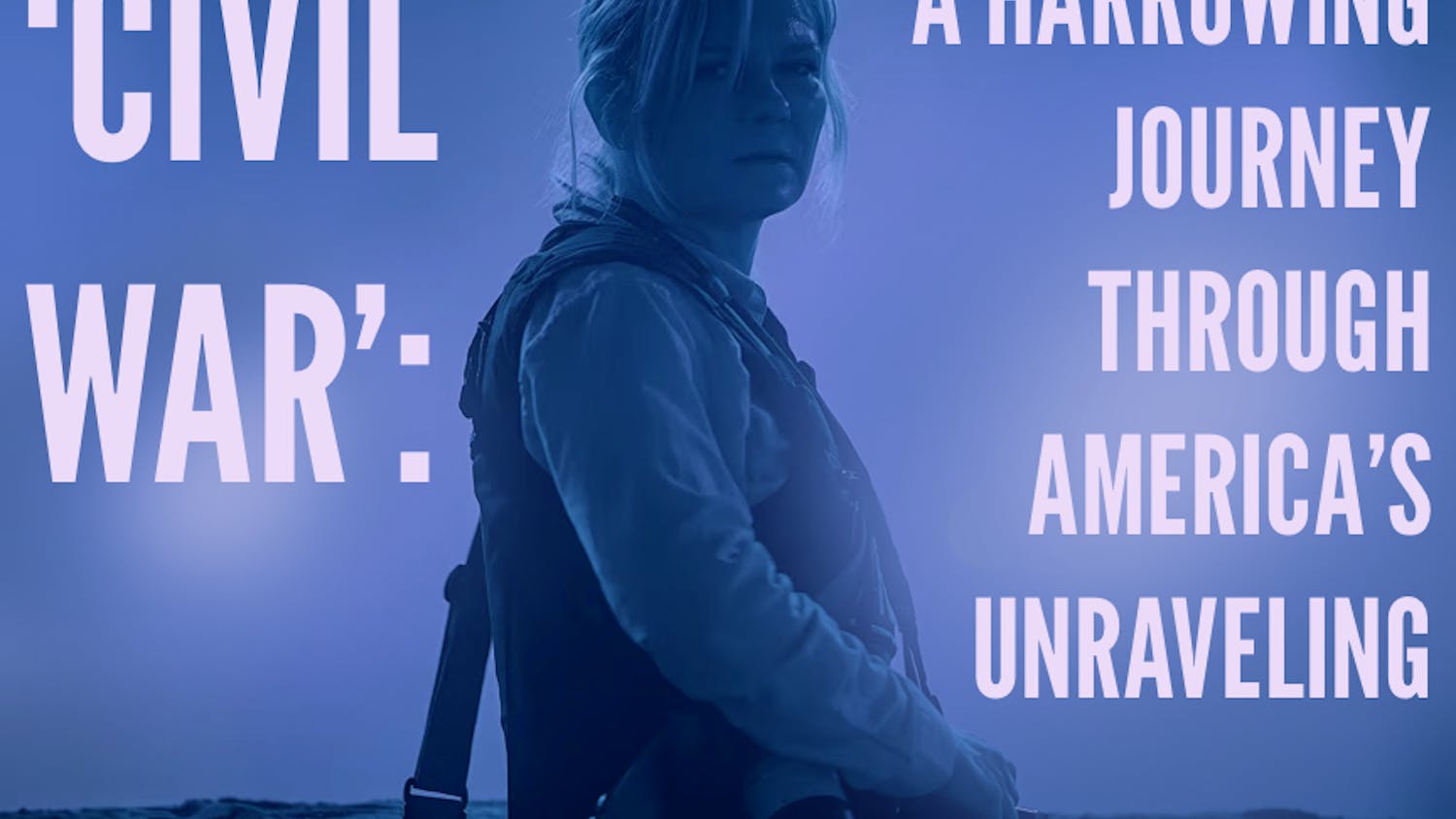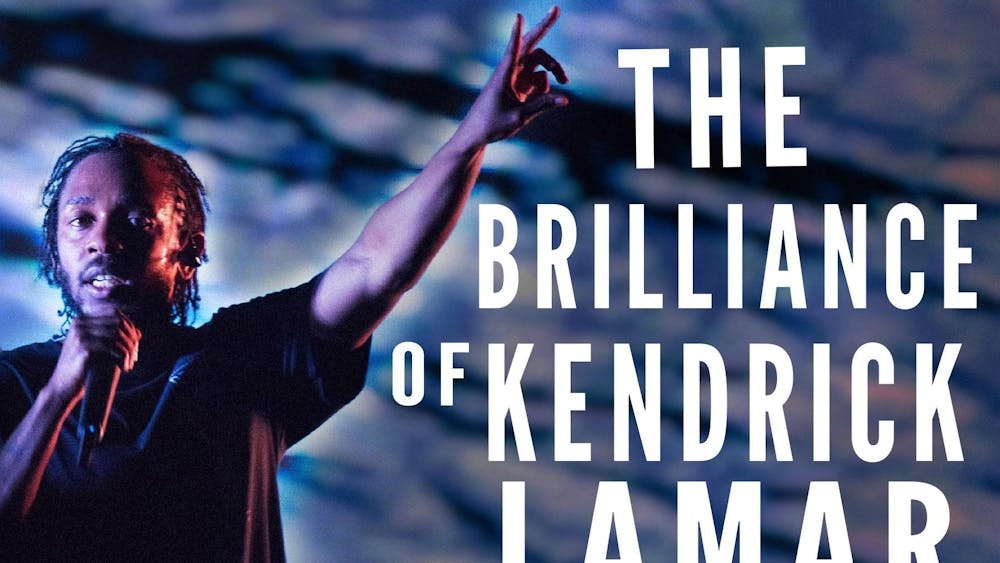Having a day to digest "The Walking Dead" season four premiere, I wanted to go back and extrapolate on a comment I made to myself during its airing, which was not the first time I've said this: "The Walking Dead" will never be what I want it to be.

Additionally, it will never surpass the bar it set with its superb hour and a half long series premiere. The mood captured from the feature movie-length caliber pilot has been all but lost on the weekly episodes the show puts out. Perhaps it's unreasonable to expect this level of television to be sustained, considering how much more time everyone involved in the show had to develop the first episode compared to every successive one. Still, the glimmers of what the show could be come through now and then, suggesting otherwise.
With a revolving door of showrunners, it's understandable that the series has changed direction and shifted tone since its beginning episodes. It has never had a chance to develop on a conceived course or had the same meticulous minds working at each twist and turn. So, while certain set pieces capture the series' true potential on less than an episodic basis - like an unsettling plot point from a one-time character in Sunday's premiere - this has caused overarching stories, including everything in between these scarcer, punchier moments, to wade in the uninteresting.
Rather than expand upon the desolate, sprawling epic environment that was hinted at in the pilot - one that invokes fear from the unknown, sucks away optimism, yet still offers room for an emotional connection with its inhabitants - the show has since devolved (possibly, and if so unfortunately, due to budgetary constraints) to a typical dialog-driven melodrama with a zombie apocalypse backdrop. And with each more permanent establishment of setting, such as the farm or prison, "The Walking Dead" world shrinks, and the show becomes more about the pedantic squabbles of the people inside it.

"The Walking Dead" is best when it looks into the way an apocalypse affects the human condition, philosophy and society. The show's premise gives it a unique set of ideas to explore, and the writers should be more interested in making the most of this opportunity, like in the third season's brilliant, isolated "Clear." Instead, the episodes muddle in melodrama far too often. Of course there needs to be a balance between action and dialog, but how little has to happen and how slow does the pace have to get until the limited rewards are not worth the pains of listening to the mindless writing? A sense of urgency would do wonders.
Equally underdeveloped is the background of the show's cast. Too many characters exist one-dimensionally to be dynamic presences. The occurrences the characters have could happen to anyone thrown into the show and have the same impact; they are interesting for the sake of what happened, not for the characters that experience them. For a show that so often capitalizes on the emotional response that comes with killing off its significant characters, it fails to show why viewers should care when one of them dies if they cannot connect with the characters while they are still alive.
This is all not to say that I dislike the show. I continue to watch in reoccurring frustration, as I know the potential "The Walking Dead" has to be an even better show. As to why I still tune in every week, never to miss an episode as it airs? Maybe it's for big action set pieces that are a little too few and far between. Or maybe it's because I still hold out hope for even one episode to reach the level of that pilot. So, I carry on watching with that hope, much like survivors in a zombie apocalypse, as it's one of the few things that keep a person in either of our situations going.
Contact Matt McMahon at mmcmaho7@nd.edu












